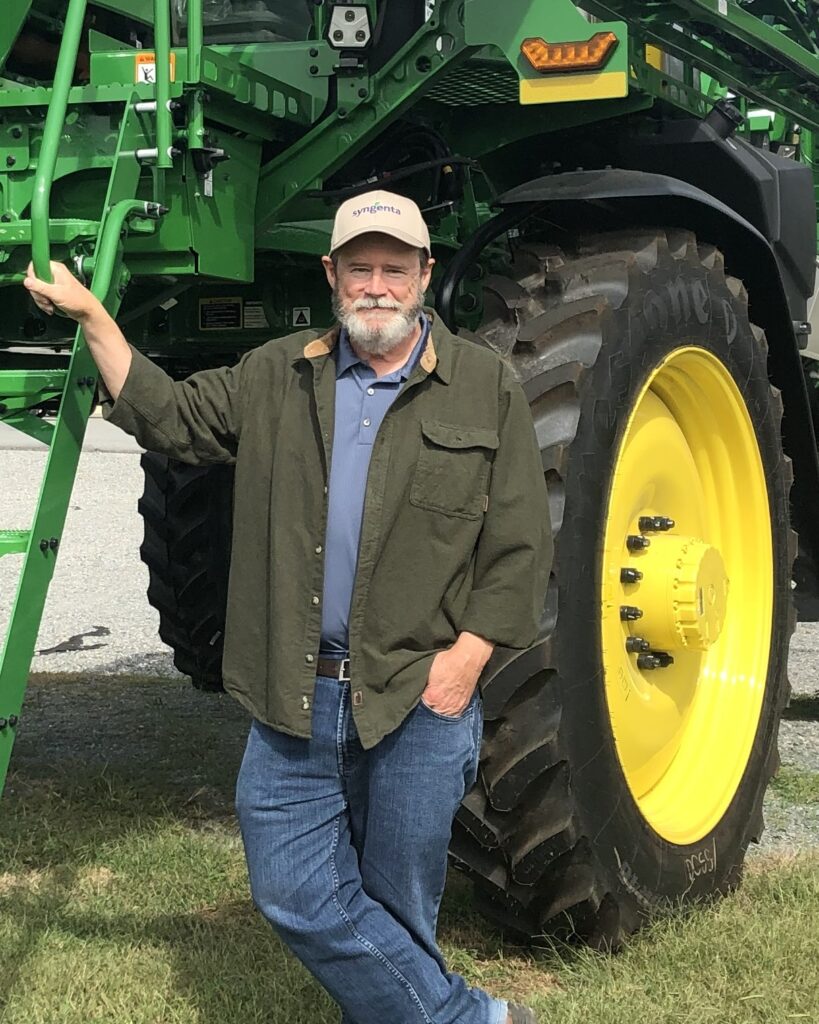Globally renowned leadership consultant Dr. Pete Hammett presented his top management and leadership development tips at the ASTA Leadership Summit in Nashville June 17.
“You know what’s wild? In the agribusiness world and seed in particular, we know so much about what’s going on with our fields and our crops. We have technology today that can look at how a crop is growing and decide in the moment whether we should put product down or not. We can link our harvesting equipment to satellites that read the biomass of the field and tell our equipment exactly how to harvest that field. Yet in the world of how we grow and develop our people, we scratch our heads and say: ‘I don’t know what to do.’ If we knew as much about our people as we do about our crops and fields, we’d be in a remarkable place.”
That’s how behavioral scientist Dr. Pete Hammett, ex-NASA software engineer, past VP of operations and technology for American Express, past global leadership trainer for the Centre for Creative Leadership, past head of HR for OGE Energy Corp (the list of credentials goes on and on), begins our chat.
Six years ago, Hammett tried early retirement. It didn’t stick.
“My friends started calling, saying: ‘Hey, if you’ve got time, we’re going to use it,’” he says.
So, he started a leadership consultancy that has garnered clients, from ag companies like John Deere, to institutions like Purdue University, to large-scale construction firms.
Hammett has found that the biggest single reason leaders don’t invest enough in developing their employees is both simple and complex: they don’t know how.
“Nobody did it for them, so they don’t know how to do it for others,” he says.
Luckily, the field of leadership development has grown by leaps and bounds in the past handful of years. In Hammett’s experience, even five or six years ago a discussion about growing one’s people was a simple determination of how best to put to work that person’s skills and experience. In just the last couple of years, however, the conversation about leadership has fundamentally changed.

“We’re now seeing a development and refinement of tools that make leadership development much, much more intentional. The questions now are: how do we identify what we need? And then how do we go after what we need? How do we grow and develop ourselves first and then others second?” Hammett says.
One of the biggest distinctions in leadership today is the division between ‘managing’ and ‘leading’. Simply put, the number one goal of a manager is to achieve results; the number one goal of a leader is to support others’ growth to develop more leaders. Which is more important? In fact, says Hammett, both. In the short-term, results are critical to keep any business afloat. Over the long-term, developing others builds the breadth and capacity necessary for innovation, resiliency and growth.
Hammett has had the honor of supporting leadership development extensively for the U.S. military. He says he was at West Point working with officers deploying to and just returned from Iraq and Afghanistan. He says one officer’s statement about the necessity of leadership has stayed with him.
“The officer said: ‘I thought my job was to lead my guys into combat. I realized after my first engagement that my guys knew exactly what they need to do: they’re good at their jobs and they don’t need me barking orders at them. What I realized was my job is to grow and develop each person in my command, so that — God forbid, if I fall — any one of them could step up and lead. If they don’t know how to lead and I fall, more could fall.’ It is our obligation as leaders is to grow and develop our people.”
Hammett was one of the presenters at this year’s American Seed Trade Association Leadership Summit 2024, taking place in Nashville June 15-19. In his session, he focused on two core competencies: self-awareness and self-development. Key takeaways included the myths and facts regarding development; how to assess, encourage and develop potential; and how to give and receive feedback.
“Development is a personal commitment,” says Hammett. “You make the choice.”











